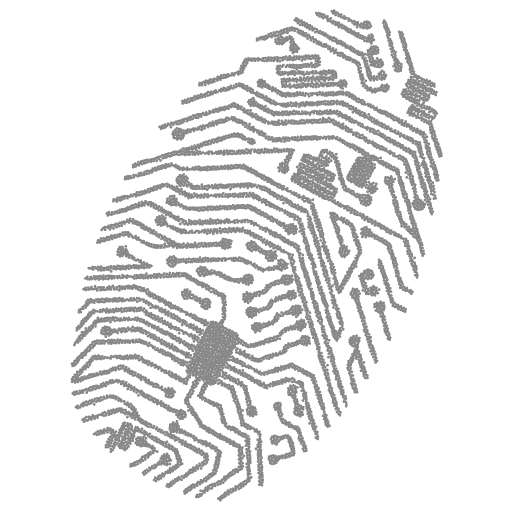Key strategic documents from the European Commission on data and AI—the European data strategy and Excellence and trust in artificial intelligence—were recently released for public consultation. They present a European vision for a new model of the economy.
According to these documents, the new model of the economy is to be founded on principles vital for European values, particularly human dignity and trust. This aspect should be stressed, as the European Union clearly is becoming the global leader in thinking about new technologies in light of humanistic values. This is a unique approach, but also entails several dilemmas. In adopting this approach, the EU risks eroding its competitive advantages, at least in the short-term perspective. Most likely, AI technologies will develop faster in places where their growth is not restrained by ethical doubts. The Commission thus proposes an ambitious but also risky approach.








